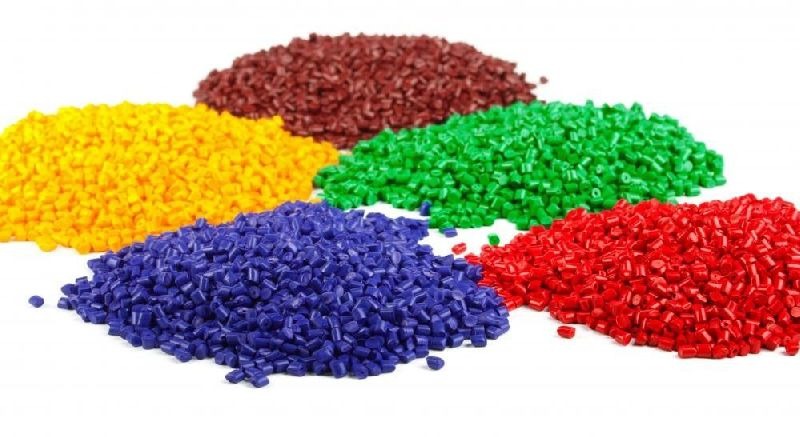Optimizing Plastic Masterbatches with
Calcium Carbonate Powder
Introduction to Filler Masterbatches
In the plastic manufacturing industry, filler masterbatches play a crucial role in enhancing the properties of plastic products while reducing production costs. A filler masterbatch is a concentrated mixture of additives or fillers encapsulated in a carrier resin. Among these fillers, calcium carbonate (CaCO3) powder is one of the most commonly used due to its cost-effectiveness and ability to improve the physical properties of plastics.

The Role of Calcium Carbonate in Filler Masterbatches
Calcium carbonate powder is the primary component in many filler masterbatches. It is mixed with plastic raw materials to improve the hardness, rigidity, and dimensional stability of the final products. By replacing a portion of the polymer with CaCO3, manufacturers can significantly reduce material costs without compromising on quality. This makes calcium carbonate an economical alternative to more expensive resins used in plastic production.

Benefits of Using Calcium Carbonate Powder
- Cost Reduction: Incorporating CaCO3 powder into filler masterbatches allows manufacturers to lower production costs by reducing the amount of expensive polymer required.
- Improved Mechanical Properties: The addition of calcium carbonate enhances the stiffness and impact resistance of plastic products. It also contributes to better dimensional stability, reducing shrinkage during molding processes.
- Enhanced Processability:Calcium carbonate improves the melt flow characteristics of plastics, making them easier to process. This is particularly beneficial in applications that require complex mold designs.
- Optical Properties: For applications requiring a bright and smooth finish, CaCO3 powder provides added whiteness and gloss, enhancing the aesthetic appeal of plastic products.

Applications of Calcium Carbonate Masterbatch
Calcium carbonate masterbatch is widely used across various industries, including packaging, automotive, construction, and consumer goods. It is particularly useful in the production of films, sheets, and molded plastic products, where enhanced mechanical properties and cost reduction are essential.

Conclusion
Calcium carbonate powder is an indispensable component in the production of filler masterbatches. Its ability to reduce costs while enhancing the physical properties of plastics makes it a favored choice in the industry. As the demand for high-performance and sustainable plastics grows, the role of CaCO3 in filler masterbatches is expected to expand, driven by innovations in material science and manufacturing technologies.